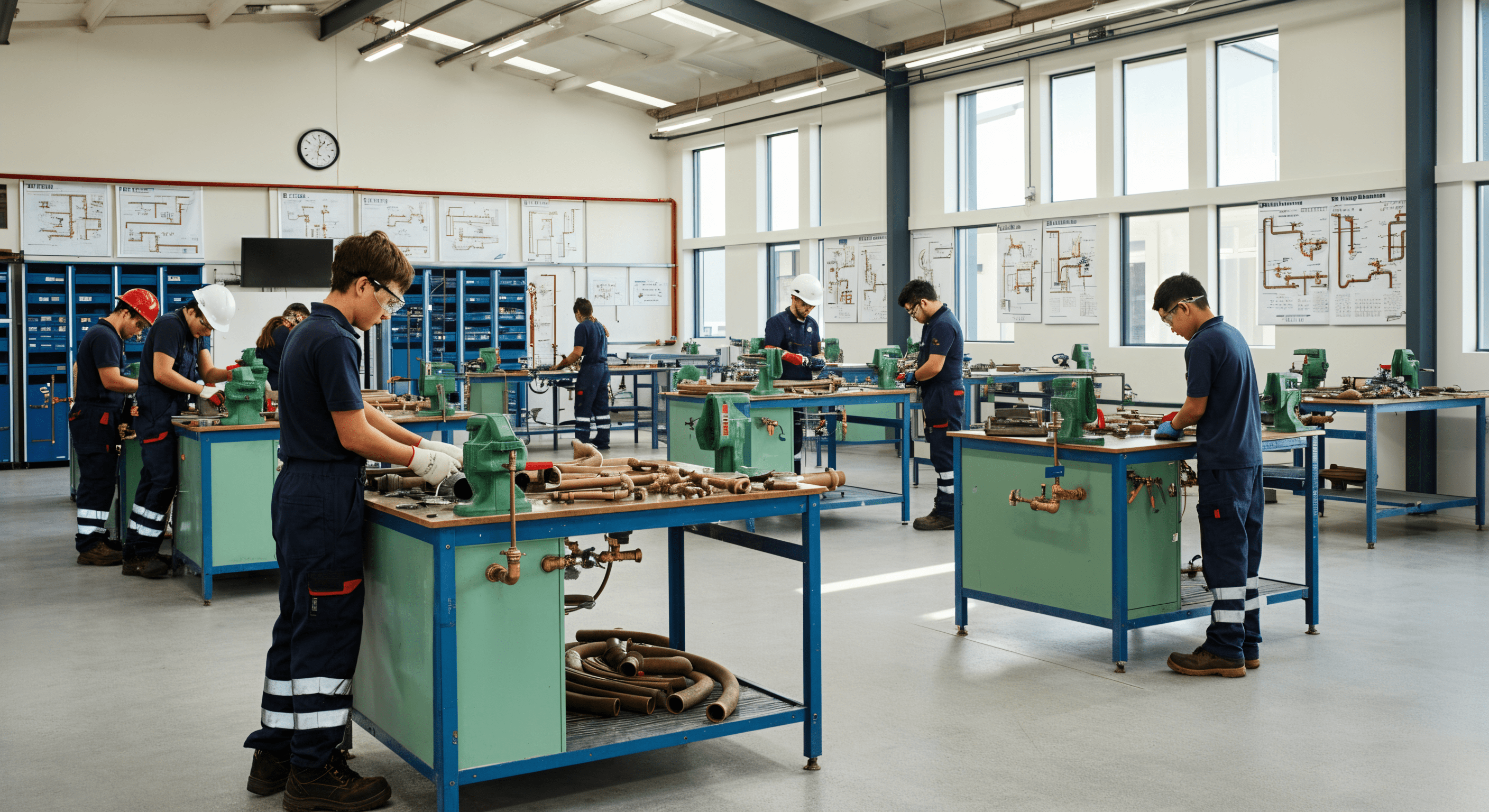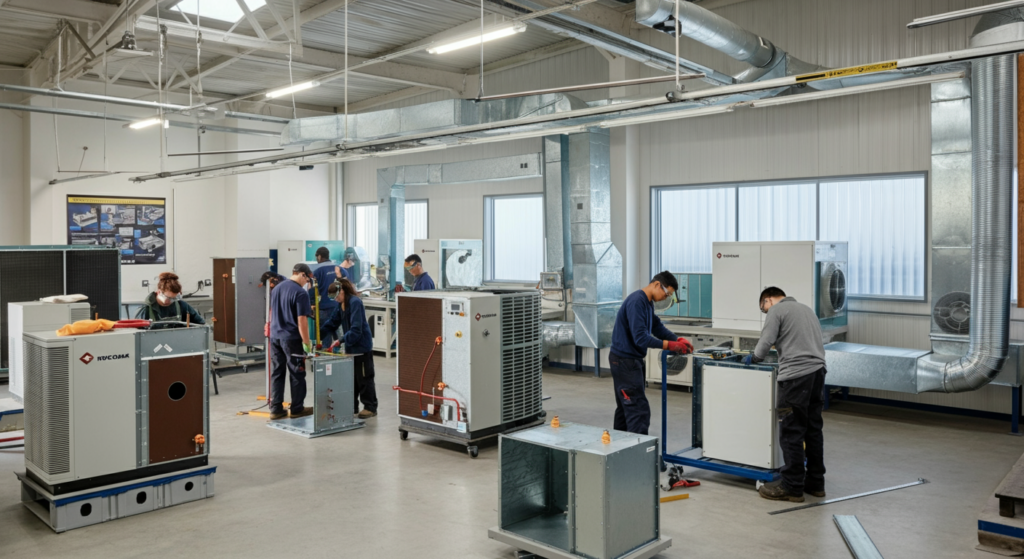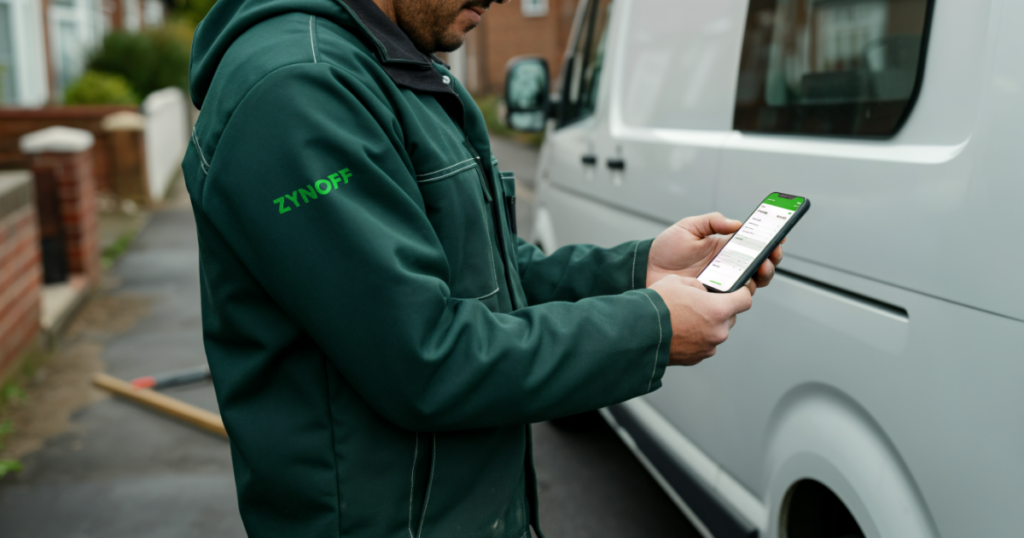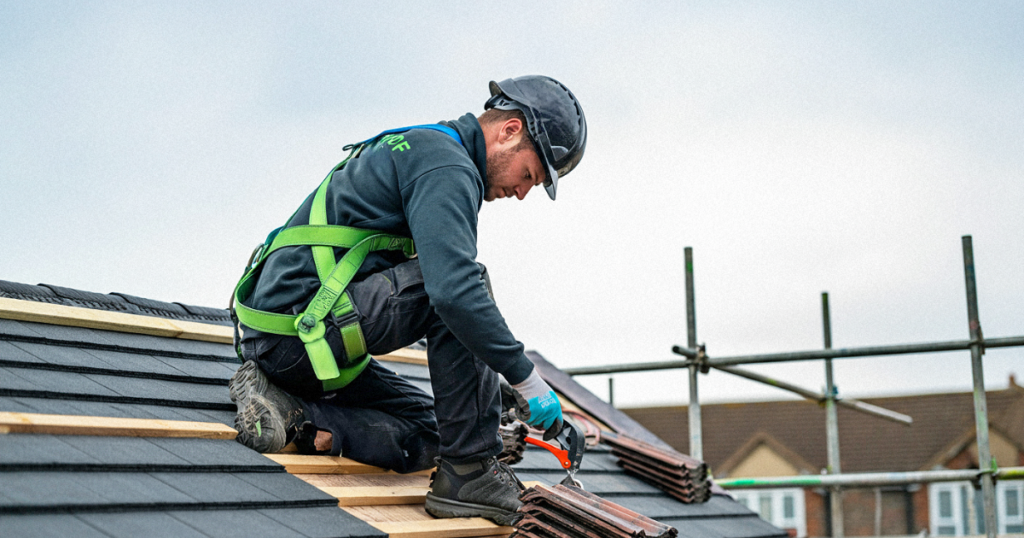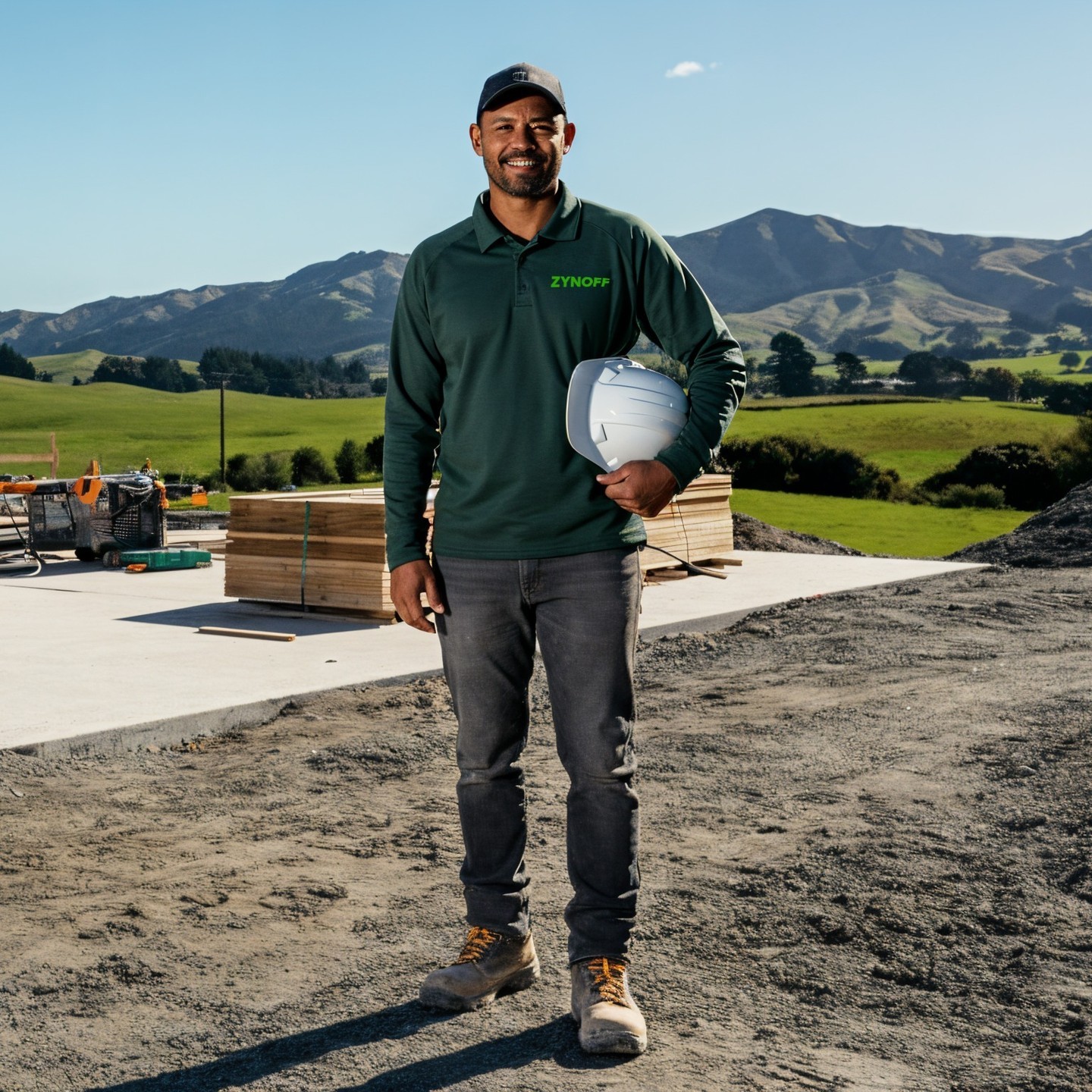Becoming a plumber in the UK is rewarding, offering strong job security and excellent earning potential. With various educational pathways available, from apprenticeships to advanced qualifications, aspiring plumbers can find a route that suits their skills and goals. This guide provides an overview of the general steps to becoming a plumber, including details about apprenticeship levels, trade schools, and trade qualifications in the plumbing field.
Plumbing Apprenticeship Levels:
Level 2 Apprenticeship:
Overview: This is an initial apprenticeship in plumbing. It consists of installing and plumbing water supplies for domestic premises. It is ideal for students just starting to work in the plumbing field.
Duration: Typically 18 – 24 months.
Qualification: Upon completion, apprentices receive a Level 2 Diploma in Plumbing and Heating.
Course Content:
Employee safety, accident prevention and overall wellbeing at worksites.
Managing domestic plumbing installation and maintaining domestic plumbing systems.
Knowledge in environmental technology and science concerning plumbing systems.
Institutions Offering Courses:
Overview: Leeds College of Building is a specialised construction college offering a highly regarded Level 2 Plumbing Apprenticeship. The programme aims to assist learners in building a firm knowledge of plumbing. Training covers domestic water systems, sanitation, and maintenance. The programme includes practical assessments and classroom-based learning.
Credits: Typically 60 credits
Qualification Awarded: Level 2 Diploma in Plumbing and Domestic Heating.
Cost: The programme fee is £1,455; however, students who have studied Plumbing Level 1 (Award & Certificate) at Leeds College of Building may receive a discount.
Overview: City & Guilds is one of the UK’s leading qualification providers. Their Level 2 plumbing course covers domestic systems, hot and cold water systems, and sanitation.
Credits: 60- 76 credits for the Diploma.
Qualification: City & Guilds Level 2 Diploma in Plumbing and Domestic Heating.
Cost: Training is fully funded for apprentices aged 16-18. Adults over 19 may need to contribute to the price.
Level 3 Apprenticeship:
Overview: Building upon Level 2, this apprenticeship delves deeper into the complexities of plumbing and domestic heating systems. It is ideal for those aiming to become fully qualified plumbers.
Qualification: Completion leads to a Level 3 Diploma in Plumbing and Domestic Heating.
Duration: Typically 24-36 months
Course Content:
High-level plumbing includes designing the plumbing systems, installing them, testing them, maintaining them, and fault detection.
Emphasis on unvented hot water systems and the cold-water supply systems that have been boosted.
Institutions Offering Courses:
- Overview: JTL also offers Level 3 plumbing apprenticeships, which cover advanced plumbing skills and knowledge, including central heating, gas safety, and renewable technologies.
- Credits: Typically 90-120 credits for the Level 3 qualification.
- Qualification: Level 3 Diploma in Plumbing and Domestic Heating.
- Cost: The government will fund apprenticeships for apprentices aged 16-18. Employers may need to contribute for those over 24.
- Overview: Leeds College of Building offers an advanced apprenticeship in plumbing, which focuses on more technical aspects of plumbing, such as water treatment and advanced heating systems.
- Credits: 58 credits for the Diploma.
- Qualification: Level 3 Advanced Plumbing and Heating Technician Diploma.
- Cost: £3,345
-
- If students are aged between 19 to 23 and they have not already achieved a whole level 3 qualification, then their course may be free.
-
- If students are over 19 and have achieved a full level 3 qualification or are over 24, they may be eligible for an Advanced Learner Loan from the government to cover tuition fees.
Level 4 Apprenticeship:
Overview: This advanced apprenticeship is designed for experienced plumbers seeking to specialise in areas like renewable energy technologies and complex heating systems.
Duration: The duration of the apprenticeship can vary but typically lasts between 2 – 3 years
Content: Focuses on advanced heating systems, renewable energy technologies, and project management.
Qualification: Results in a Level 4 qualification, such as a Higher National Certificate (HNC) in Building Services Engineering.
Institutions Offering Courses:
Overview: Leeds College of Building offers a Level 4 Advanced Apprenticeship in Plumbing and Building Services Engineering, focusing on advanced plumbing systems and sustainable energy solutions. Modules include advanced plumbing technologies, building services integration, and energy-efficient heating systems. It combines college-based learning with workplace assessments.
- Cost: Mostly, the government and employers pay for the price of training and offer a wage during the apprentice’s learning period.
Qualification Awarded: Level 4 Advanced Diploma in Plumbing and Building Services Engineering.
Online Courses
Access Training UK
- Overview: Access Training UK offers a Home Study Plumbing Course, combining online learning with practical training at their centres across the UK. Online modules covering essential plumbing theory, health & safety, and UK regulations. Also, students have access to live tutor sessions and online resources. Optional practical training to earn a Level 2 qualification.
- Duration: Typically 6-12 months.
- Qualification Awarded: Option to progress to a City & Guilds Level 2 qualification.
- Cost: From £1,000 (depending on the package chosen).
General entry requirements
Level 2 Plumbing Apprenticeship:
- Age: Typically, apprentices must be at least 16 years old.
- Educational Requirements:
-
- GCSEs: At least Grade 4 (previously Grade C) in English and Maths is often required. Some providers may accept lower grades, especially if the individual is willing to study for functional skills qualifications in these subjects alongside the apprenticeship.
-
- Other Qualifications: Some providers may accept equivalent qualifications such as Level 1 plumbing or related subjects.
- Skills/Experience: No previous plumbing experience is typically required, as this is an entry-level apprenticeship. Strong interest in plumbing and basic manual skills are often beneficial.
- Other Considerations:
-
- An employer willing to take on the apprentice and provide on-the-job training.
Level 3 Plumbing Apprenticeship:
- Age: Must be 18 or over, although it is possible for younger candidates with a Level 2 qualification to join.
- Educational Requirements:
-
- Level 2 Plumbing Diploma or equivalent qualification, such as an NVQ Level 2 in Plumbing.
-
- GCSEs: Grade 4 or higher in English and Maths may still be required, though Functional Skills qualifications can be an alternative if the GCSEs were not achieved at school.
-
- Other Qualifications: Some providers usually may accept applicants with equivalent qualifications or relevant work experience in plumbing.
- Skills/Experience: Previous practical experience or completed Level 2 apprenticeship in plumbing is generally required. Basic knowledge of plumbing systems and good problem-solving skills are essential.
- Other Considerations:
-
- An employer must offer the apprentice practical experience in more advanced plumbing tasks and heating systems.
Level 4 Plumbing Apprenticeship:
- Age: Typically for individuals aged 18 and older.
- Educational Requirements:
-
- Level 3 Plumbing Qualification (e.g., Level 3 Diploma in Plumbing and Domestic Heating or equivalent).
-
- GCSEs or Equivalent: A strong background in English and Maths is often required (Grade 4 or above), or a relevant equivalent qualification like Functional Skills.
-
- Other Qualifications: Higher-level qualifications in plumbing or related fields, such as an NVQ Level 3, may be required.
- Skills/Experience: Vast working experience requires advanced knowledge of heating and diagnostic systems. Knowledge of building services, construction, and installation may be required. Individuals may need to demonstrate a proven track record in the plumbing industry before entering a Level 4 apprenticeship.
- Other Considerations:
-
- An employer with the necessary experience in advanced and specialised plumbing roles, including heating technologies and renewable energy systems.
-
- Some Level 4 apprenticeships may require candidates to be interested in technical management or advanced plumbing technologies.
Career Prospects
Plumbing is a well-sought-after profession in the UK, especially as there are many job openings in the next few years. Estimates show that 73,700 more plumbers will be required in the industry by 2032 because of career growth and retirement.
To sum up, becoming a plumber in the UK requires a college education, training, qualifications, and, most likely, registration as a professional. Thus, you not only receive the theoretical knowledge and training required to achieve a rewarding profession in plumbing but also organise it in a manner that can be easily comprehended and assimilated.
